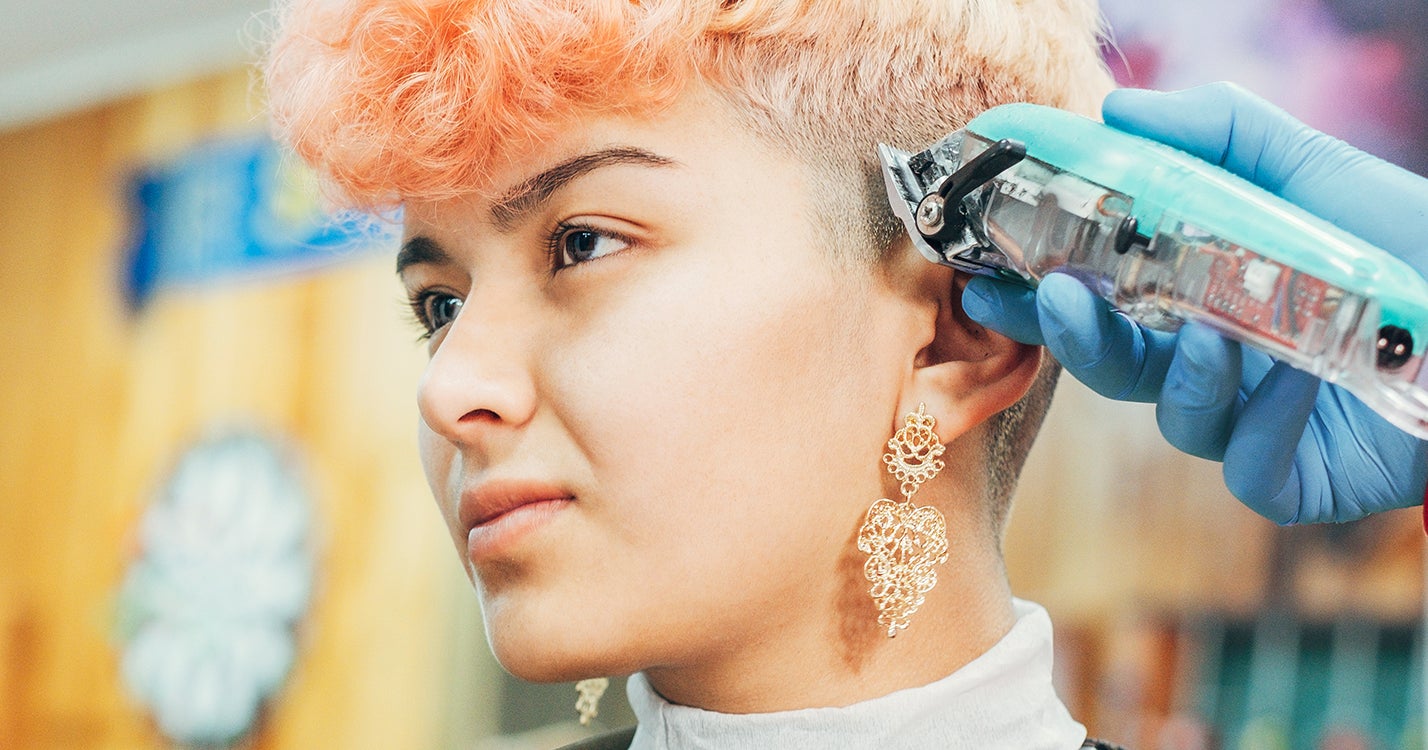Illustration by Alex Siklos
I met Diane in the nursing ward at the Ottawa Heart Institute, where I spent two days in the ICU after heart surgery. She arrived from a mid-sized city within the radius of the institute, needing valve surgery herself.
I knew my experience in the regular ward was going to be like going from business class to economy, and that the chances of a good night’s sleep were slim. The ICU had been quiet and calmly lit, with one room and nurse per patient. By contrast, in the ward, monitors beeped and lights from the hall beamed in, no matter the time of day.
Busy nurses and maintenance staff were going in and out of rooms at frequent intervals to monitor vitals, take blood, provide meds, deliver meals, mop floors and empty garbage. With only a curtain separating patients in the shared rooms, and the door open to the hall at all times, there was no privacy or quiet to be had.
Then came my new roommate. The speakerphone calls started almost immediately after she arrived, as her many friends and family sought updates, and continued overnight. I was concerned, imagining the sleepless nights to come. And how would I be able to concentrate on the array of TV shows and podcasts I had downloaded to distract me as I recovered in hospital?
At this point, I decided I needed to deploy a different coping mechanism: mindfulness. Be in the moment. Don’t extrapolate. Observe what you are experiencing. What I was experiencing (in addition to some chest discomfort and rapid heart rate) was numerous and extended phone calls on speakerphone. So I decided to take an interest in my roommate’s calls. The “if you can’t beat ‘em, join ‘em” principle seemed to apply here.
It became clear from that first night of calls that Diane had a large number of friends and family who were both concerned about her and continued to depend on her, despite her circumstances. It didn’t take long to get to know this extensive cast of characters – most of whom were repeat callers – and how they fit into her life.
I found myself taking a genuine interest in Diane’s life and started to look forward to the next call so I could piece more of her story together. This was better than any podcast! It was easy to get chatting after that first sleepless night. With more speakerphone-derived information than I really should have had, I had so many questions that I genuinely wanted the answers to.
In four days, I was able to get to know this strong, optimistic, humorous woman who is close in age to, and shares traits with, my own mother.
Diane is a wife, mother, grandmother and great-grandmother. She’s also a former small business owner, volunteer and churchgoer. She loved to dance and go to the theatre. She is kind, providing advice when asked for it, and words of comfort when not asked, with the exception of her husband, who received nutrition advice regardless of whether he wanted it or not (It seemed he usually did not).
He was fending for himself at home while she was in hospital, and Diane fretted about his choices and his health. This was fair: Her husband’s lunch that particular day consisted of chips and coffee. Although most of their chats consisted of food-related questions, sheepish responses and subsequent advice, their gentleness and mutual respect was clear.
The more I chatted with Diane directly, the more I could fill in this picture of their lives. We also talked and laughed about the circumstances we were currently in, the food, the different nurses, what the monitors and alarms meant. I don’t know if I was helping her get through the experience, but she certainly helped me.
What did I learn? Basics! Human connection is more enriching and can even be more entertaining than what we can download from the internet. It’s worth opening oneself up to direct connection with one person rather than giving into a desire to isolate and distract with algorithm-influenced entertainment.
Perhaps I would not have experienced the above with just any roommate. I imagine Diane makes friends wherever she goes, partly because she is a delight, but also because she doesn’t use technology in the way most of us do. Despite having a hand-me-down iPhone, she only uses it for speakerphone chats. She is open to connections because she isn’t distracted by the entertainment at our fingertips.
I left the hospital feeling I’d learned something really important, which I hope I can carry forward. Being open to real connections and looking up from my devices more often – it’s hardly an original concept, but experiencing it as I did in hospital with Diane made it specific and tangible.
I have since gone home to recover. Diane and I continue to be in touch, naturally on speakerphone. She has had her surgery and is recovering well. I am amused that I have joined the cast of characters her new roommate is listening to, whether he has chosen to or not. Soon, Diane will be able to get back to her volunteer work, church activities and more hands-on management of her husband’s questionable food choices.
I left the hospital with many unwatched downloads, and a new friend.
Saskia Ramsay lives in Ottawa.














